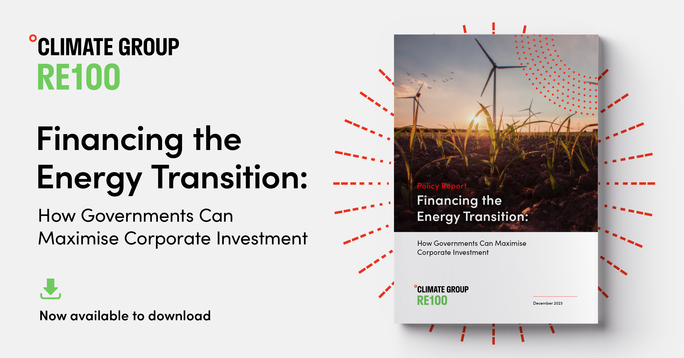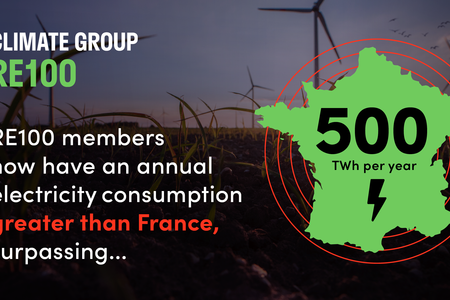This report looks at common policy barriers that are hampering the rollout of renewables in some of the world’s biggest economies. The report, which focuses on Argentina, China, Japan, Indonesia, India, Mexico, South Korea and South Africa, provides recommendations that would break down barriers, enabling countries to seize the economic opportunities of the energy transition and speed up the race to net zero.
Download the report
"Well-thought-out policy is needed to reduce the cost of renewable energy development, improve the investment environment, and provide more competitive and affordable renewable energy to help maintain the international competitiveness of enterprises."
"Well-thought-out policy is needed to reduce the cost of renewable energy development, improve the investment environment, and provide more competitive and affordable renewable energy to help maintain the international competitiveness of enterprises."
Key findings:
The barriers identified in this report fall under three common themes.
- The availability of renewable electricity in a country or region.
- The accessibility of this electricity for corporate use.
- The affordability of renewable electricity in some markets, which is often out of step with the vastly lower cost of renewable electricity elsewhere in the world.
The challenges posed by restrictive regulatory environments and market barriers are also explored.
Proposed policy recommendations:
The series of policy recommendations laid out in the report that countries can use to unlock the huge economic potential of renewables are:
- Establish an enabling regulatory environment for corporate sourcing and accessibility of renewables.
- Increase the transparency and additionality of renewable energy certificates (RECs).
- Ease complicated PPA processes, including addressing the lack of transparency and incentives.
- Understand and amend the geographic and regional disparities in the availability of PPAs and harmonise PPA rules and contract processes.
- Create a level playing field to ensure the affordability of renewables.
- Create a level playing field on which renewable electricity competes fairly with fossil fuels and reflects the cost-competitiveness of renewable electricity production.
- Remove fossil fuel subsidies to stop unfair competition with renewables and reduce the subsidy burden on taxpayers.
- Incentivise and increase supply to ensure sufficient availability of renewables.
- Work with utilities or electricity suppliers to provide and improve options for corporate renewable electricity sourcing.
- Address permitting and siting issues that are unduly limiting opportunities for installation of new renewable electricity infrastructure.
- Promote direct investments in on-site and off-site renewable electricity projects.
"Renewables are the gold rush of the 21st century, but many businesses, states, regions, and countries are still missing out."
"Renewables are the gold rush of the 21st century, but many businesses, states, regions, and countries are still missing out."



